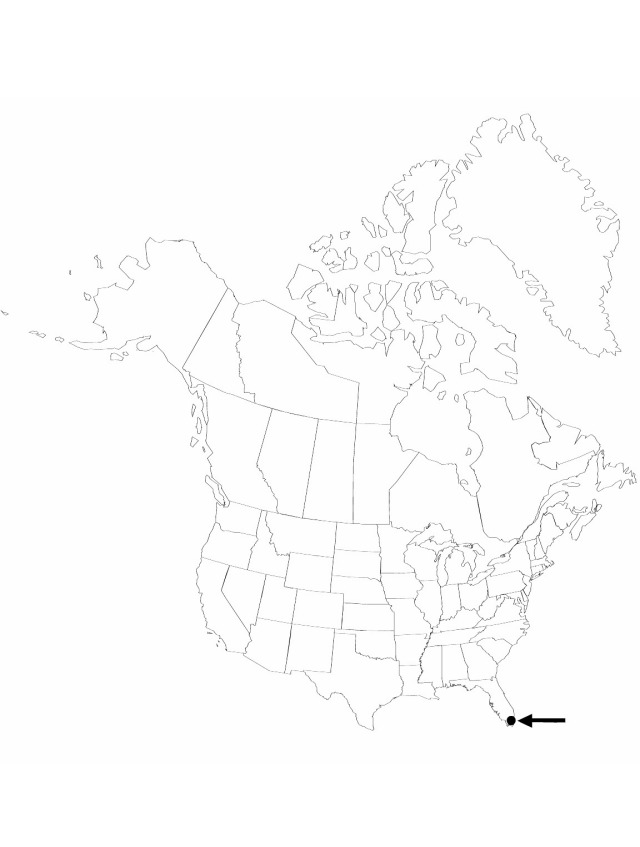Herbs, annual or perennial, mat-forming. Roots thin. Stems erect to ascending, to 30 cm. Leaves: leaf sheaths not auriculate, with colorless hairs at summit; blade oblong or lanceolate-oblong to oblong-elliptic, 1.5–6 × 0.4–1.1 cm, margins strongly undulate, completely glabrous or adaxially sparsely pilose. Inflorescences: distal cyme usually exserted, 1-flowered; spathes solitary, pedunculate, strongly inflated, not falcate, 0.7–1.5 × 0.5–0.9 cm, margins connate, often violet, apex acute, sparsely hirsute; peduncles 0.4–1.1 cm. Flowers sometimes cleistogamous and subterranean (not yet seen in our area); chasmogamous flowers bisexual and staminate; petals blue, proximal one very reduced, conspicuous (blue, rather than white or colorless); lateral stamens with filaments laterally compressed and ± winged; antherodes entirely yellow, cruciform. Capsules 3-locular, 2-valved. Seeds sometimes 5, brown, usually only 1 abaxial locule seed developing, enclosed in deciduous, muricate, abaxial capsule valve; seeds of adaxial locule, when present, 2.5 mm, smooth. 2n = 30.
Phenology: Flowering summer–winter.
Habitat: Sanitary department landfill
Distribution

Introduced; Fla., native, paleotropics.
Discussion
This species is known from a single population in Dade County, Florida, discovered in 1980. The population was sprayed with herbicide by the U. S. Department of Agriculture in 1984 because of the potential of the species to be a weed. Its current status is unknown.